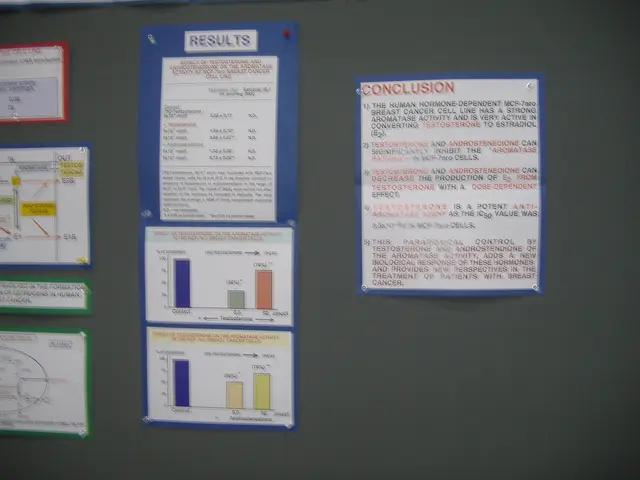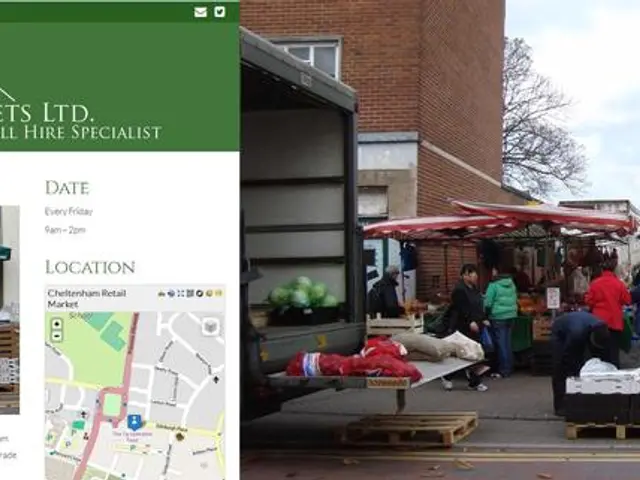Millions of bank clients are currently experiencing alterations in their transfer transactions.
The European Union is set to introduce a new regulation aimed at enhancing payment security and combating fraud in the Single Euro Payments Area (SEPA). Known as the Verification of Payee (VoP) system, the regulation will require banks and payment service providers to verify in real-time if the name entered by the payer matches the legal account holder’s name linked to the IBAN before executing euro payments.
The VoP system is set to take effect on October 9, 2025, across the Eurozone and all EU member states. Non-eurozone countries will have until 2027 to comply with the regulation.
The regulation covers all payment service providers, including banks, credit unions, Electronic Money Institutions (EMIs), and Payment Institutions (PIs), and applies to all euro-denominated transactions, including SEPA Credit Transfers, SEPA Instant Credit Transfers, salary payments, pensions, rent, and social benefits.
The VoP system will categorise verification outcomes into four categories: full match (green light), near match (yellow light), no match (red light), and verification unavailable. A full match indicates that the name and IBAN match exactly, and the payment is considered safe. A near match indicates minor discrepancies, such as spelling or punctuation differences, with a suggested correct name. The payer can proceed with the payment, but with caution. A no match indicates a clear mismatch, which is a high risk of fraud or error; the payer can still proceed, but assumes full responsibility if the payment fails. Verification unavailable indicates a temporary inability to verify.
The regulation requires real-time IBAN/name verification to be integrated into internet or mobile banking interfaces, with results shown to the payer before payment confirmation. Instant payments must be processed within 10 seconds and systems run 24/7/365, aligning with the SEPA Instant Payments Regulation (IPR).
Corporate customers may opt-in or opt-out of VoP checks for bulk payments, balancing security and efficiency. New structured message formats (ISO 20022:2019) and fully structured postal address requirements are being phased in between 2024–2026 to improve payment data accuracy and compliance.
The VoP system is expected to increase payment security by preventing fraud such as misdirected payments or payment diversion caused by fraudsters providing incorrect account details. However, it presents technical and operational challenges for banks and payment providers, as they must upgrade their IT systems to handle real-time verification, support ISO 20022 standards, and maintain always-on availability.
Minor name variations, abbreviations, or married names may lead to “near match” or “no match” results, potentially causing payment delays or sender frustration. Clear communication and user education will be crucial to ensure users understand the new system and its implications.
In cases where the payer ignores mismatch warnings, responsibility for any loss generally shifts to the payer. Cross-border coordination will also be required for seamless pan-European functionality, as non-euro EU countries have more time to implement these checks (deadlines until 2027).
To mitigate potential issues, best practices include adopting secure, user-friendly interfaces clearly displaying match results and suggesting corrections. Enhanced naming and data standardization across payment providers will also reduce near-match issues. Flexibility for corporate clients to manage verification for mass payments while maintaining security is another best practice. Continuous monitoring and updates to verification databases and processes will also be necessary to reduce errors and maintain customer trust.
Awareness campaigns explaining the new system and its benefits and risks will be essential to ensure users understand the changes and can make informed decisions about their payments. The new regulation is a significant step towards reducing both accidental typing errors and fraudulent activities in the European payments landscape.
The Verification of Payee (VoP) system, a new regulation aimed at the European Union's industry, finance, and business sectors, will be implemented across all EU member states and the Eurozone on October 9, 2025. This system will affect all payment service providers, including banks, credit unions, Electronic Money Institutions (EMIs), and Payment Institutions (PIs), and will apply to all euro-denominated transactions.




